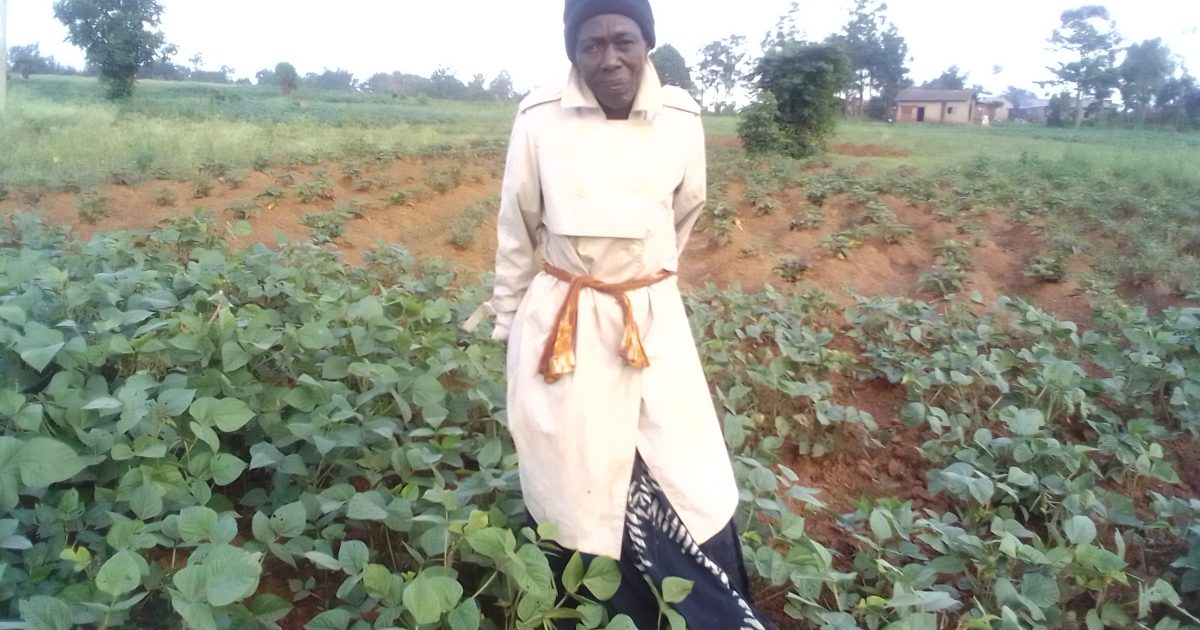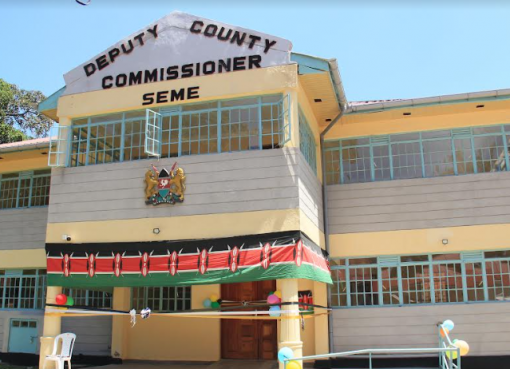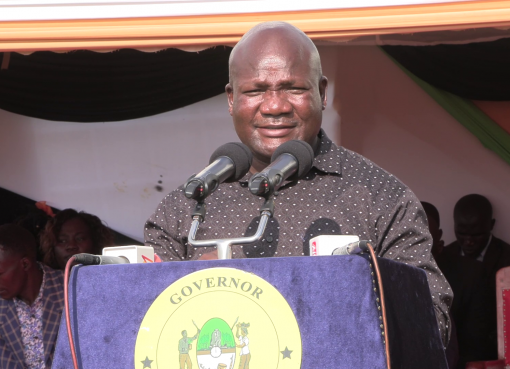Every effort counts and goes a long way in ensuring there is bread on the table for Beatrice Wangwe Oyatsi, a single mother who saw opportunity in an idle land.
“No man’s land,” for many years remains wasteful allowing smuggling and criminal activities to thrive on a buffer zone measuring about 70 metres, which ideally belongs to neither Uganda nor Kenya.
This is supposed to be an open land for security purposes, allowing authorities from both sides to assess threats or manage movement, especially of big trucks.
Beatrice, a resident of Bondeni estate in Busia, lost her husband at a prime age 20 years ago. Having been left with children to fend for, she took the bull by the horns and ventured into farming as the only available option to earn a living.
While displaying the expansive piece of land, Beatrice was thankful to the government for having given her a place to cultivate various crops including beans, groundnuts, soya beans, and sweet potatoes.
The place was formally inhabited by citizens from both countries but the two governments agreed to demolish human settlements due to rampant cases of robbery, rape, drug trafficking, and smuggling. The land was then available to settlers to practice farming.
Widows are the main beneficiaries of the farming programme, considering the majority of them have no reliable source of livelihood.
The local authorities carried out training for Beatrice alongside other farmers at Mabanga Farmers’ Training Centre in Bungoma. From the training, they learnt various farming techniques and principles, which enabled them to get high yields.
In a good season, Beatrice harvests 5 sacks of beans, 4 sacks of sweet potatoes, 3 sacks of soya beans, and six sacks of groundnuts, each weighing 50kgs. She sells her produce wholesale to middlemen, who in turn take it to the food market.
“This is how I raise money for food, rent and school fees for my children,” said the mother of four.
She was thankful that through farming she has been able to educate her children through college, and three of them are married and working, while the last born is in high school.
Talking about the challenges she experiences in farming, Beatrice noted with concern that of late, yields have decreased exponentially due to diminishing soil quality.
“Consistent farming on the same piece of land is responsible for our current predicament,” noted Beatrice.
Another threat is that of widespread crop diseases. She has to incur high expenses of buying pest control chemicals to guarantee her reasonable harvest.
While commentating on farm inputs, Beatrice lamented that they are very expensive to an extent that she is forced to improvise with cheaper options thus compromising on overall quality and quantity of the produce.
“The cost of fertilizer has drastically increased, making it difficult for small farmers to survive. We are not sure of the future,” noted Beatrice.
She indicated that she is forced to borrow fertilizer from neighbours to apply on the one-acre farm, something that is not sustainable.
Changing weather patterns, according to her, are responsible for declining yields. She opines that the seeds she has been using do not perform well in existing conditions, and therefore better seeds should be provided by the government.
Beatrice appealed to the government to subsidize the cost of farm inputs to enable small scale farmers to flourish. Additionally, the government should avail soft loans to struggling farmers—especially widows, considering the huddles they have to undergo to afford an honest and decent living, she said.
By Joshua Opili and Absalom Namwalo




